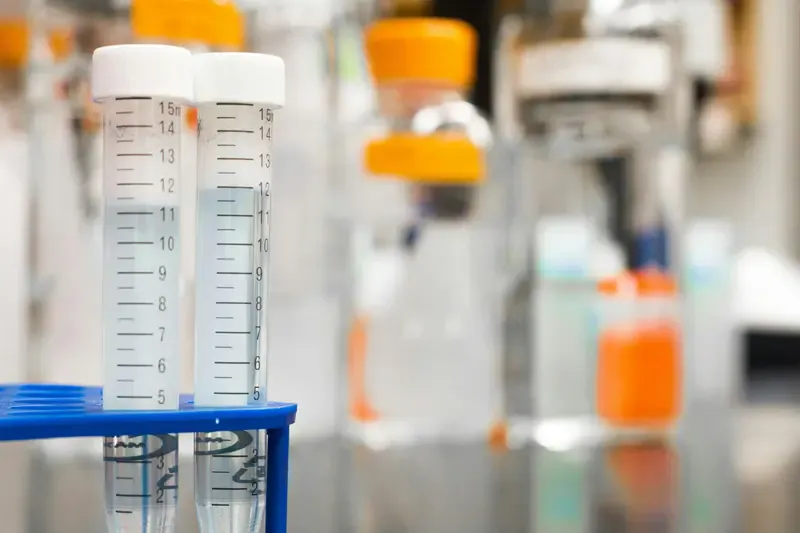Discovering albumin in urine, a condition known as albuminuria, can be a startling revelation for many.

Blog
Understanding Albumin in Urine: Causes, Prevention, and Treatment
Discovering albumin in urine, a condition known as albuminuria, can be a startling revelation for many. Albumin, a protein made by the liver, plays a crucial role in our bodies. It helps transport hormones, vitamins, and enzymes throughout the body. However, its presence in urine often signals a possible kidney filter issue, warranting further investigation and understanding.
Albuminuria can stem from various causes, ranging from temporary stressors such as dehydration or intense exercise to more serious health conditions like diabetes, hypertension, or chronic kidney disease. The presence of albumin in urine is an early indicator that the kidneys may not be functioning properly, allowing proteins to leak into the urine due to damaged filters.
Diagnosis of albuminuria involves the albumin-to-creatinine ratio (ACR) test, a simple urine test that measures the amount of albumin compared to creatinine in your urine. An abnormal ACR result indicates kidney damage or disease, prompting further tests and assessments to determine the underlying cause and extent of kidney impairment.
Understanding what constitutes normal albumin levels in urine is crucial for interpreting test results. Typically, a result less than 30 mg/g is considered normal, while levels above 30 mg/g may indicate albuminuria. Regular monitoring helps track kidney function over time, especially for individuals at risk of kidney diseases.
Managing albuminuria involves addressing the underlying causes and making lifestyle adjustments. Effective management strategies include:
For individuals with hypertension or diabetes, controlling blood pressure and blood sugar levels is paramount in reducing albuminuria.
A diet low in sodium and protein can relieve pressure on the kidneys, reducing albumin leakage.
In some cases, medications like ACE inhibitors or ARBs are prescribed to protect kidney function and reduce albumin levels in urine.
Preventing albuminuria starts with maintaining a healthy lifestyle to reduce the risk of diseases that can damage the kidneys. Regular exercise, a balanced diet, and routine health check-ups are key preventative measures. Additionally, for those with existing health conditions like diabetes or hypertension, meticulous management of these conditions can prevent or delay the onset of albuminuria.
Albuminuria, while often an early sign of kidney disease, can be managed effectively with proper treatment and lifestyle changes. Understanding the implications of albumin in urine and taking proactive steps towards maintaining kidney health are essential for overall well-being, especially for individuals at higher risk of kidney issues.
Albuminuria can stem from various causes, ranging from temporary stressors such as dehydration or intense exercise to more serious health conditions like diabetes, hypertension, or chronic kidney disease. The presence of albumin in urine is an early indicator that the kidneys may not be functioning properly, allowing proteins to leak into the urine due to damaged filters.
Diagnosis of albuminuria involves the albumin-to-creatinine ratio (ACR) test, a simple urine test that measures the amount of albumin compared to creatinine in your urine. An abnormal ACR result indicates kidney damage or disease, prompting further tests and assessments to determine the underlying cause and extent of kidney impairment.
Understanding what constitutes normal albumin levels in urine is crucial for interpreting test results. Typically, a result less than 30 mg/g is considered normal, while levels above 30 mg/g may indicate albuminuria. Regular monitoring helps track kidney function over time, especially for individuals at risk of kidney diseases.
Need Personalized Health Guidance?
Get expert advice tailored to your specific health needs from our qualified healthcare professionals.





